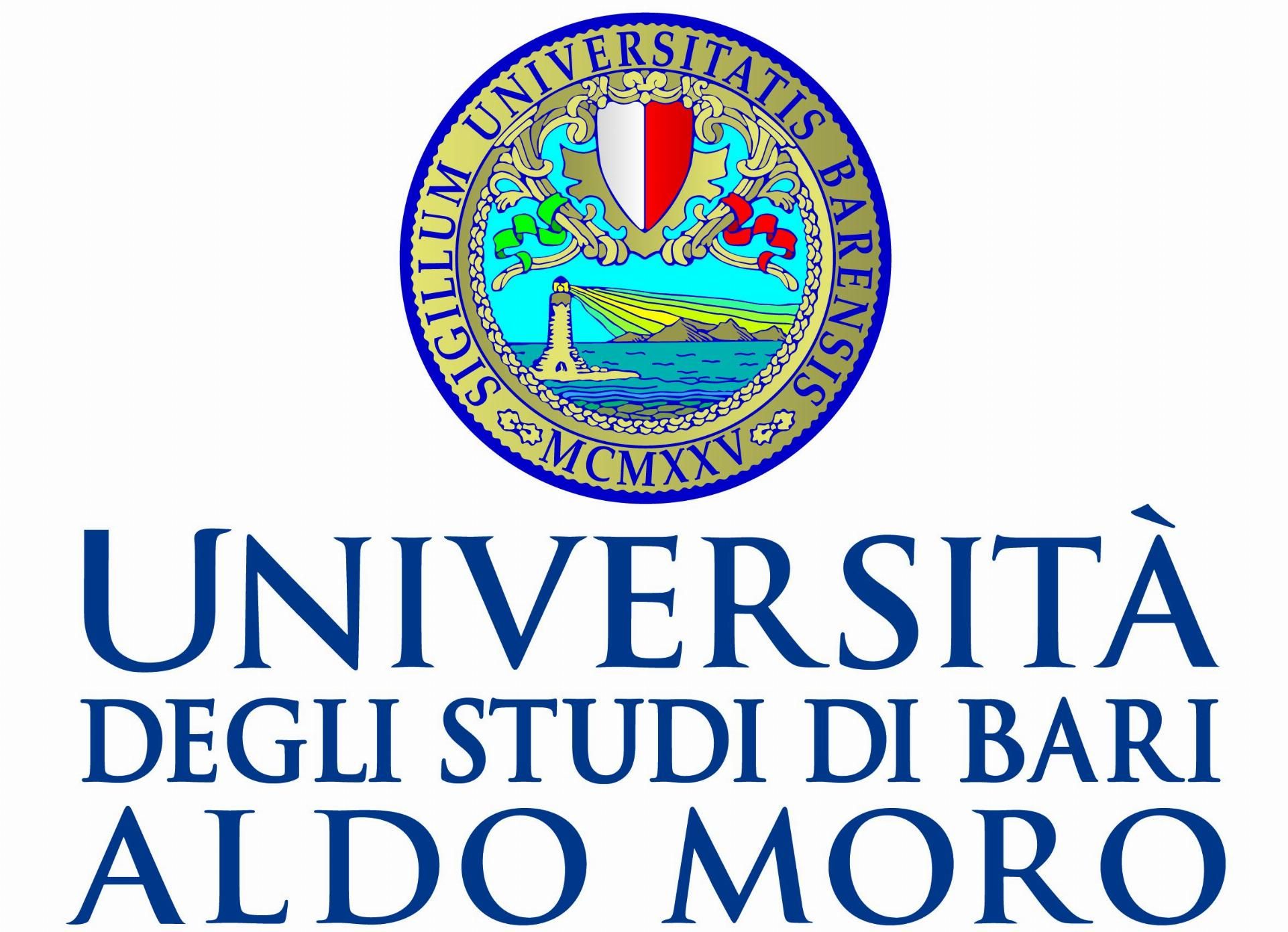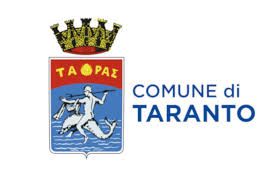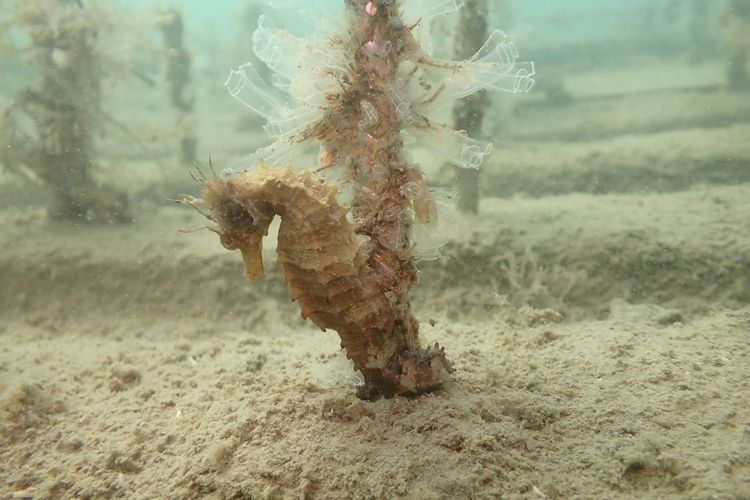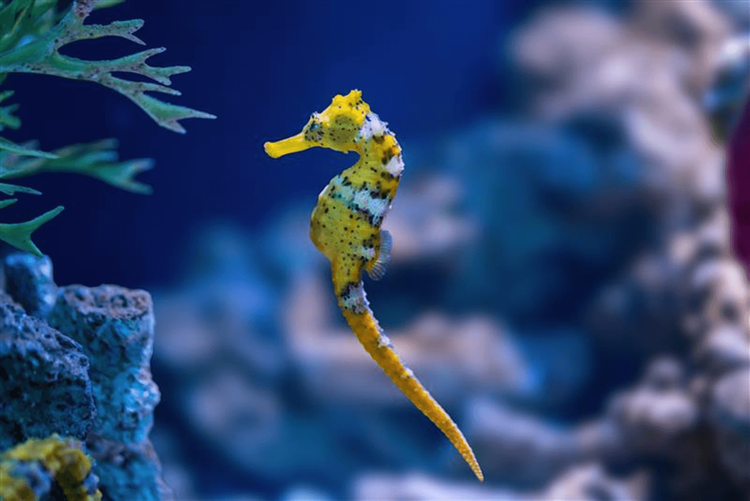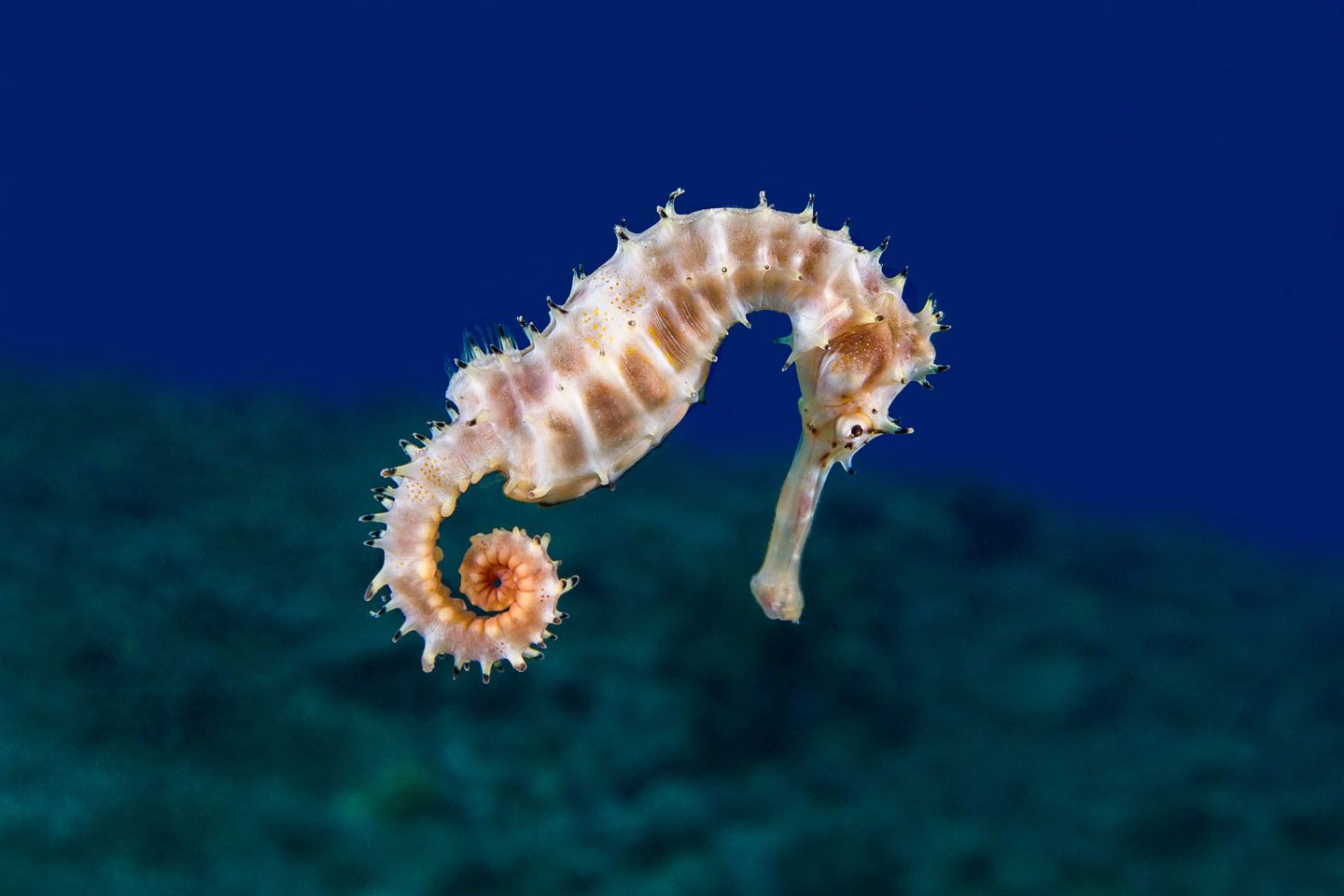
In 2023, One Ocean Foundation launched the Seahorse Hotel project that aims to provide protective habitats and promote the repopulation of endemic seahorse species in the Mar Piccolo of Taranto, a shallow basin of the Ionian Sea known for its high biodiversity and unique characteristics.
Seahorse populations in the Mar Piccolo, initially estimated at several hundred thousand individuals, have dramatically declined since 2016 due to changes in habitat structure and function, climate change, ecological factors, and human activities such as pollution and fishing.
The project is a research and monitoring initiative involving the deployment of artificial habitats on the seafloor, made from stone wool supplied by our partner company, ROCKWOOL, specifically designed to replicate the natural environment of seahorses. It tests the suitability and effectiveness of this material in supporting seahorse settlement and development under controlled conditions, while also aiming to establish a replicable model for seahorse conservation in Mediterranean lagoons.
Obiettivi
Restoration
Provide safe habitats and promote the repopulation of endemic seahorse species in the Mar Piccolo through artificial reefs.
Innovation
Deploy and test artificial reef modules made of stone wool – a material traditionally used in construction – for the first time in the marine environment.
Research
Monitor the settlement of seahorse colonies and assess the replicability of the project to support long-term marine conservation.
Results
1
stone wool module successfully deployed on the seabed
15
months of monitoring completed
53
seahorse specimens observed
1
conference paper presented
The two seahorse species targeted by the project, Hippocampus guttulatus and Hippocampus hippocampus, are the only native seahorses found in the Mediterranean Sea. The results of the monitoring carried out to date, conducted through visual census and ROV surveys, demonstrate that both seahorse populations are successfully colonising the stone wool module. The structure has also started to host other benthic communities, such as sponges and algae, which enhance habitat complexity and indirectly support the availability of prey for seahorses.
On-field Activities
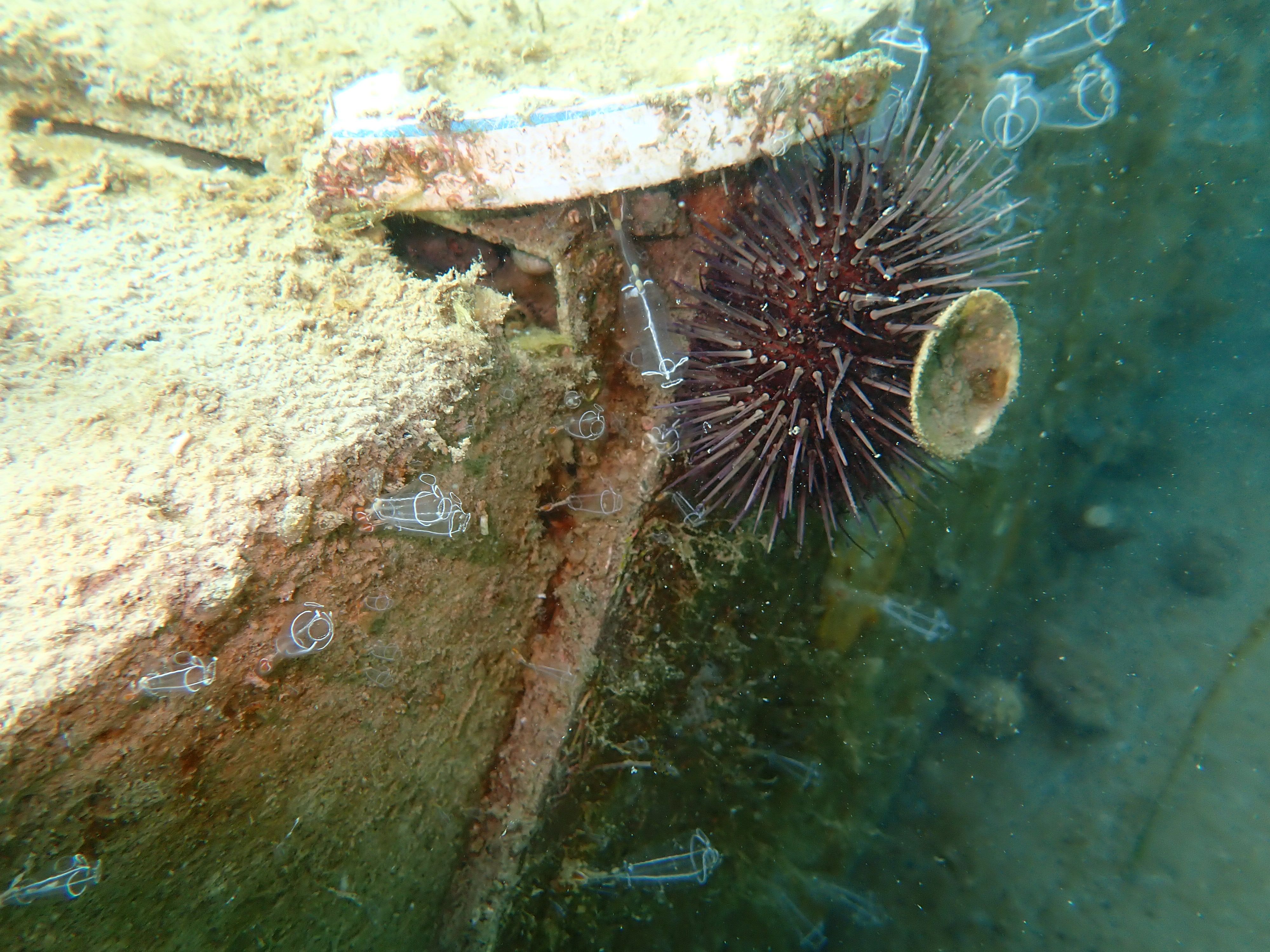
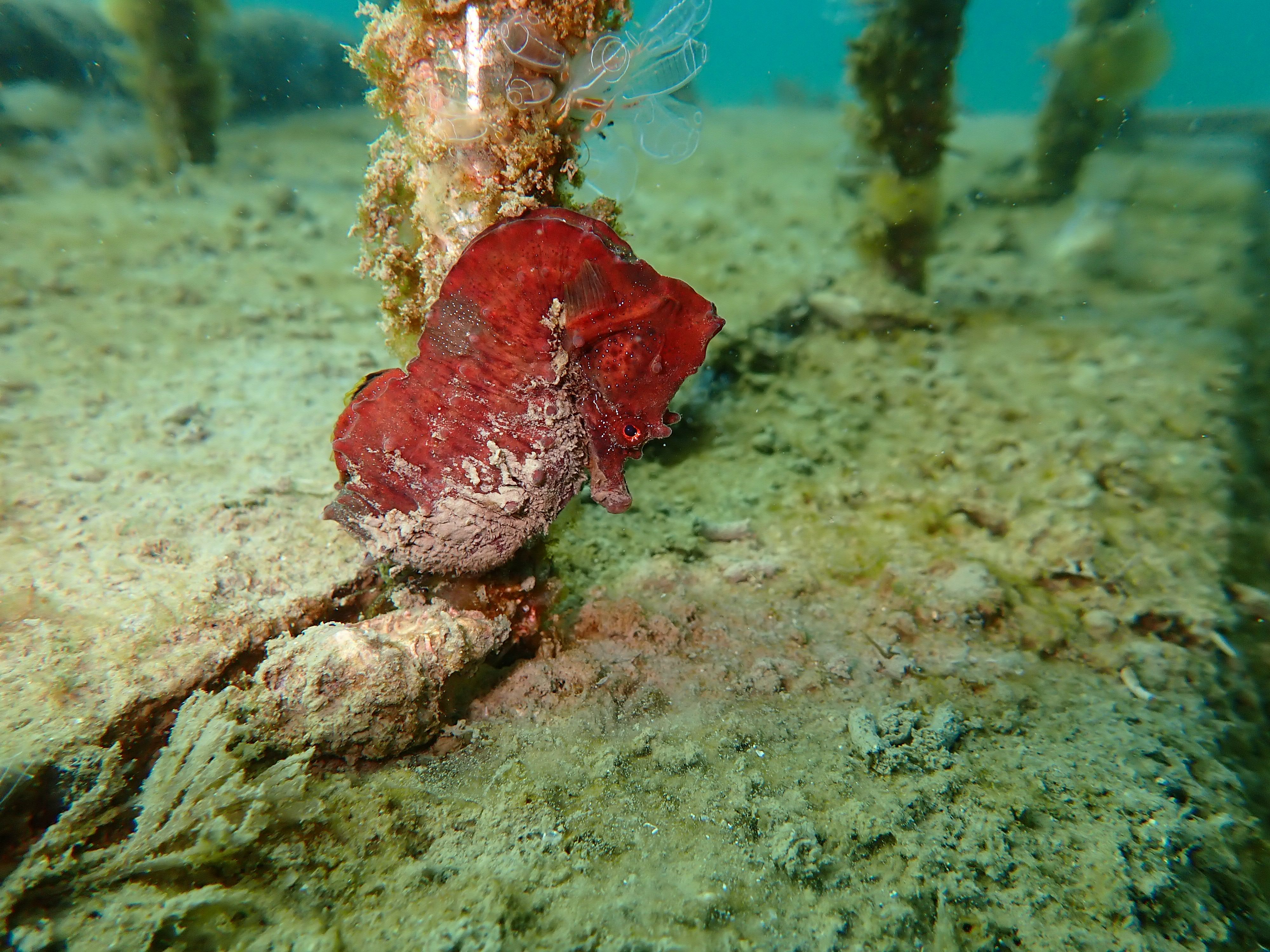
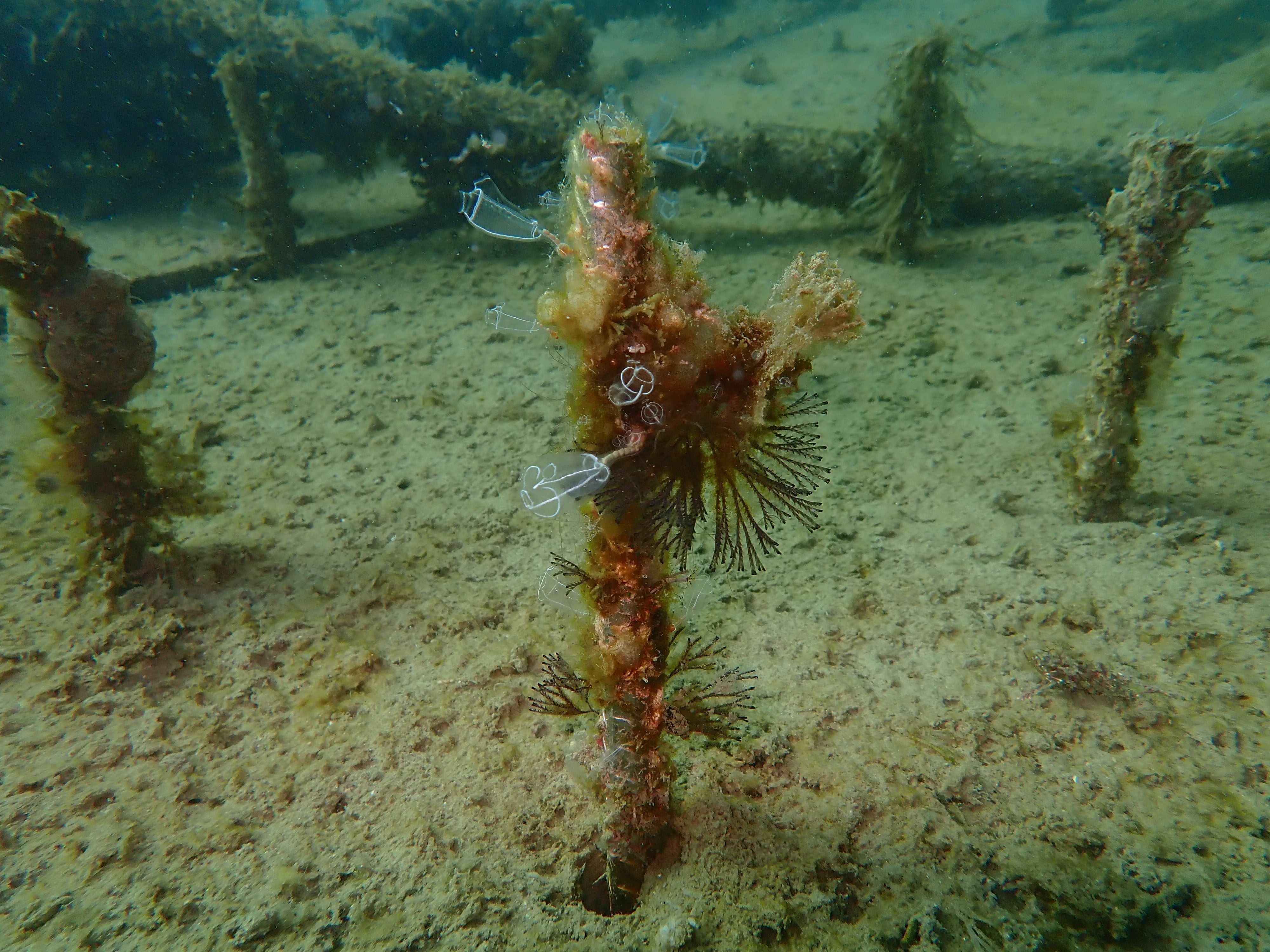
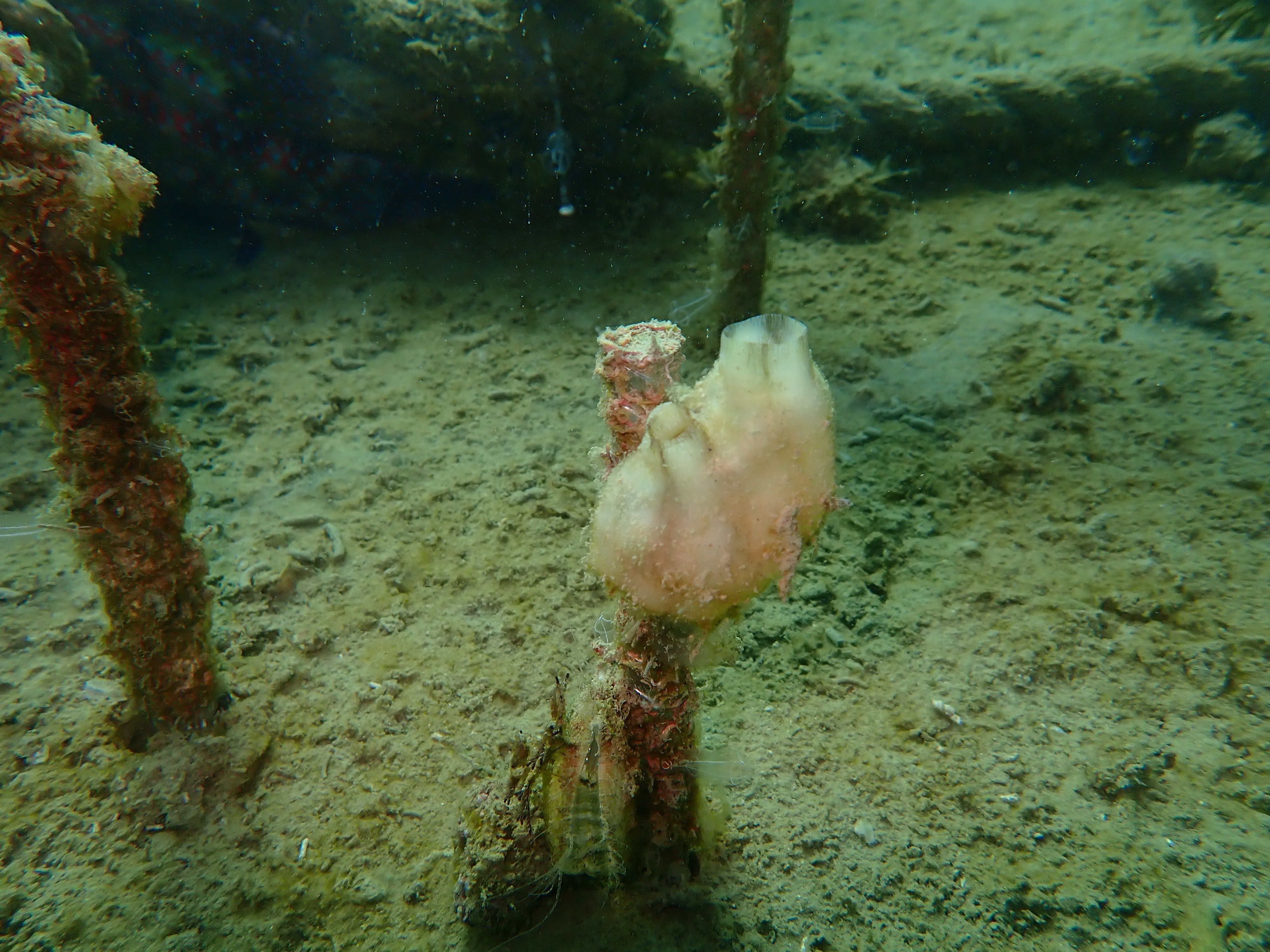
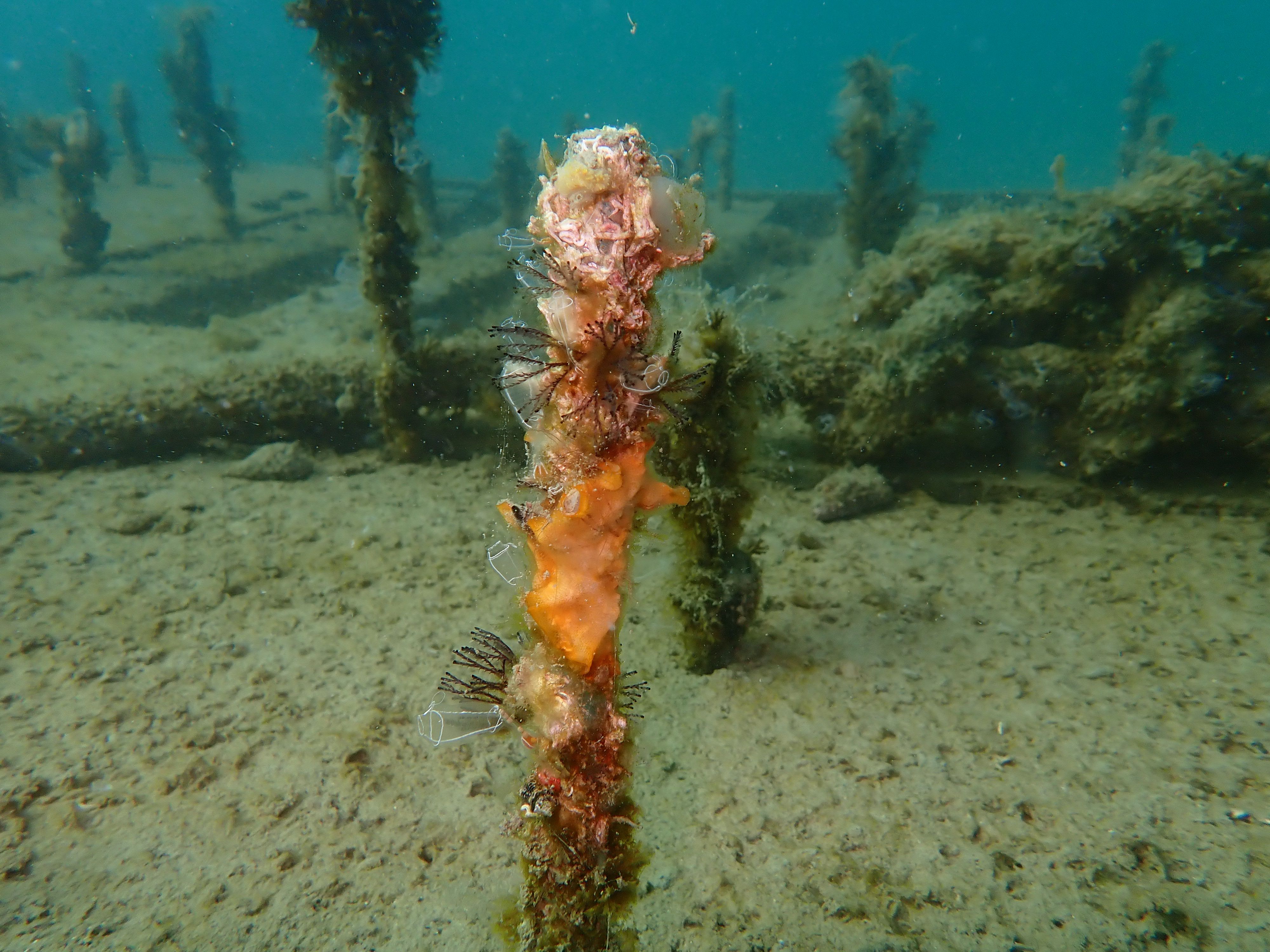
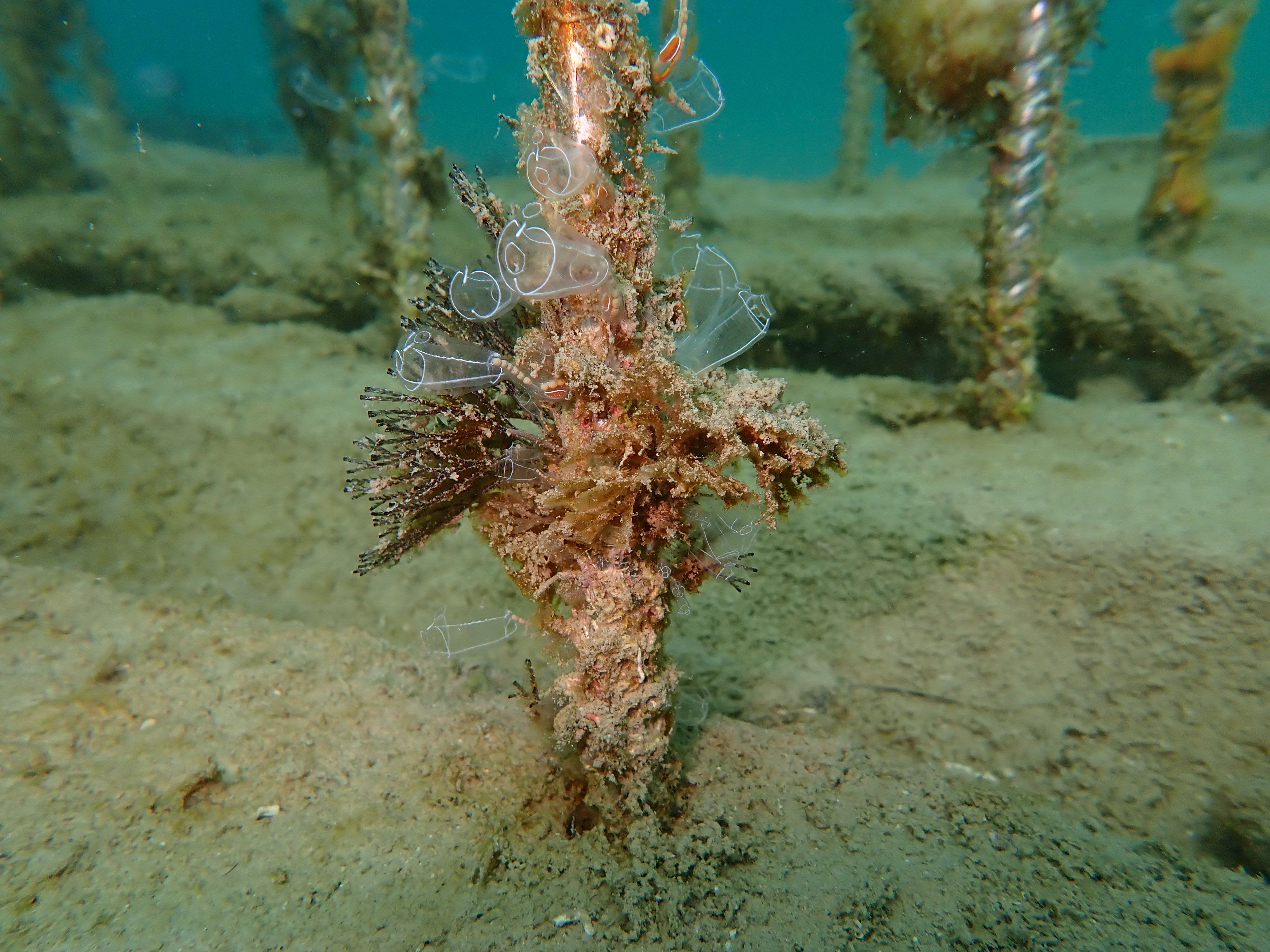
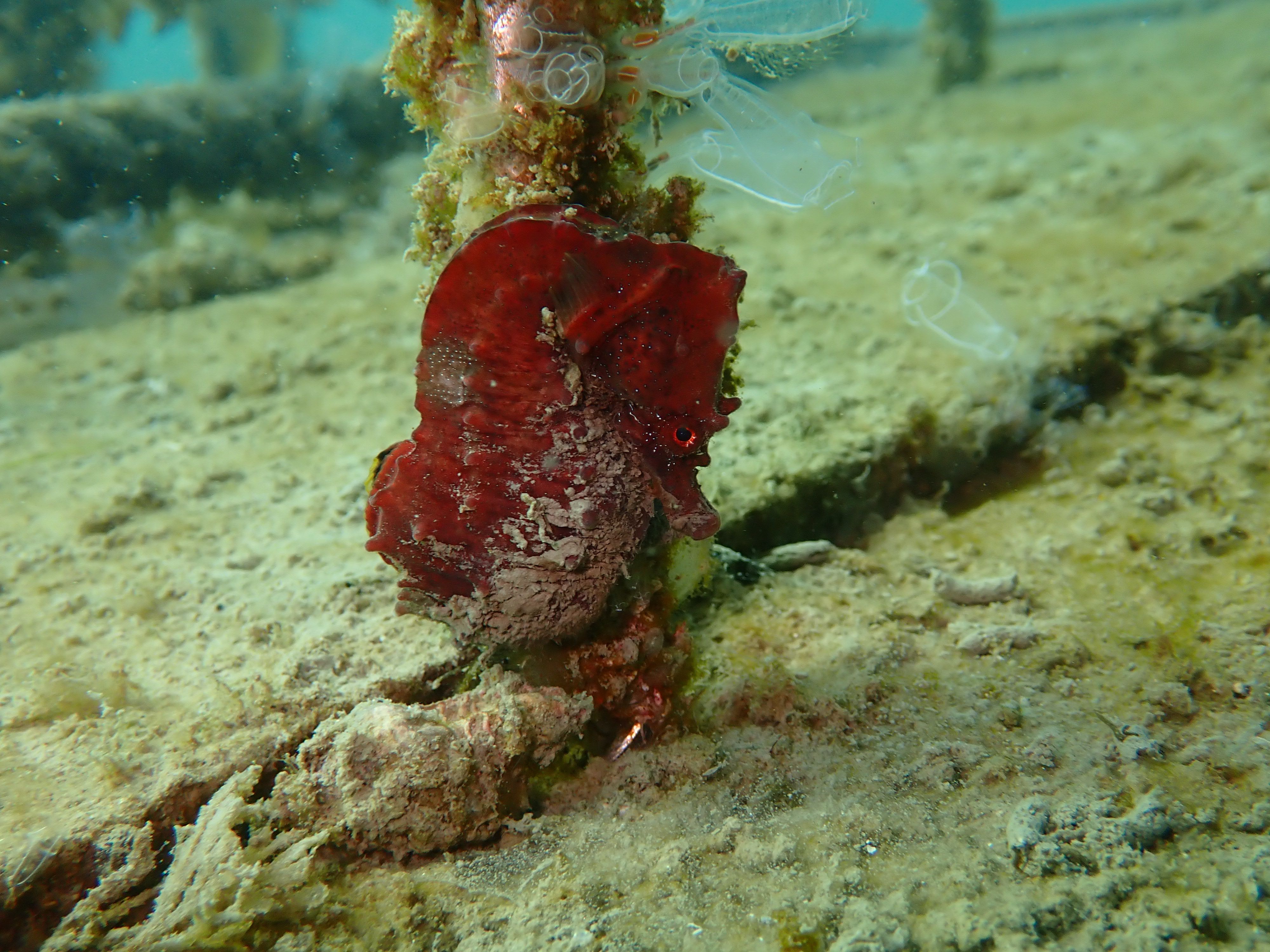
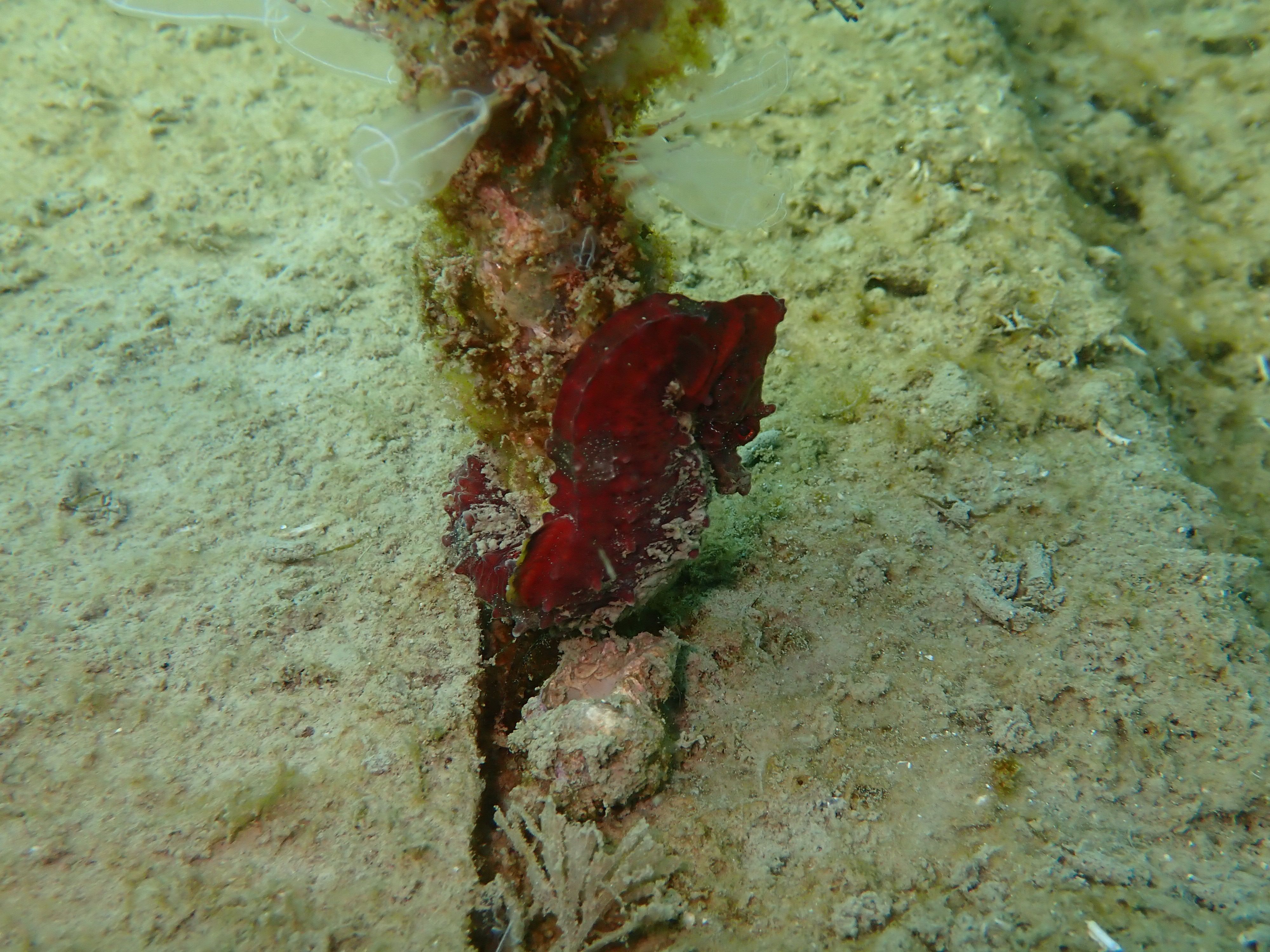
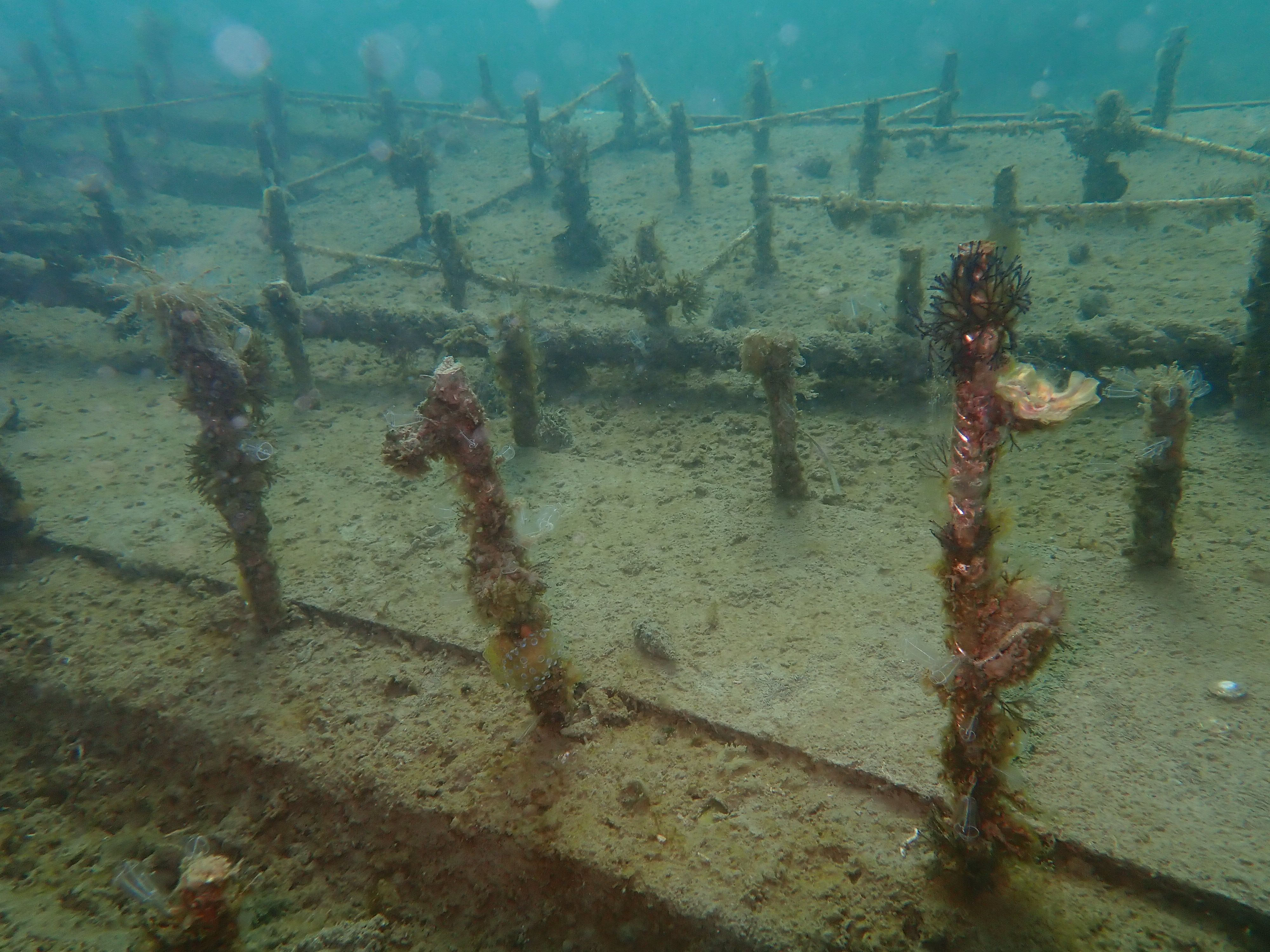
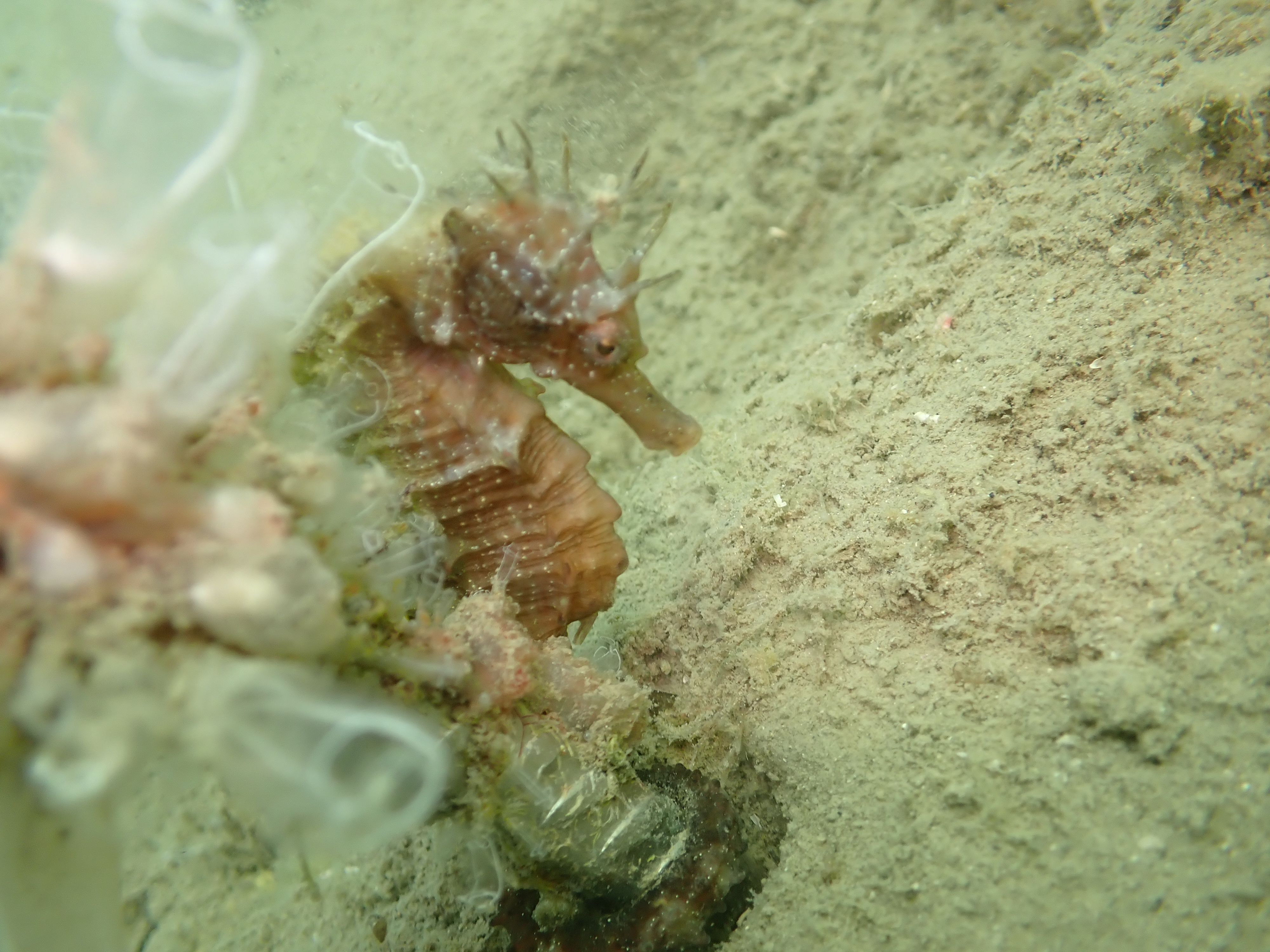
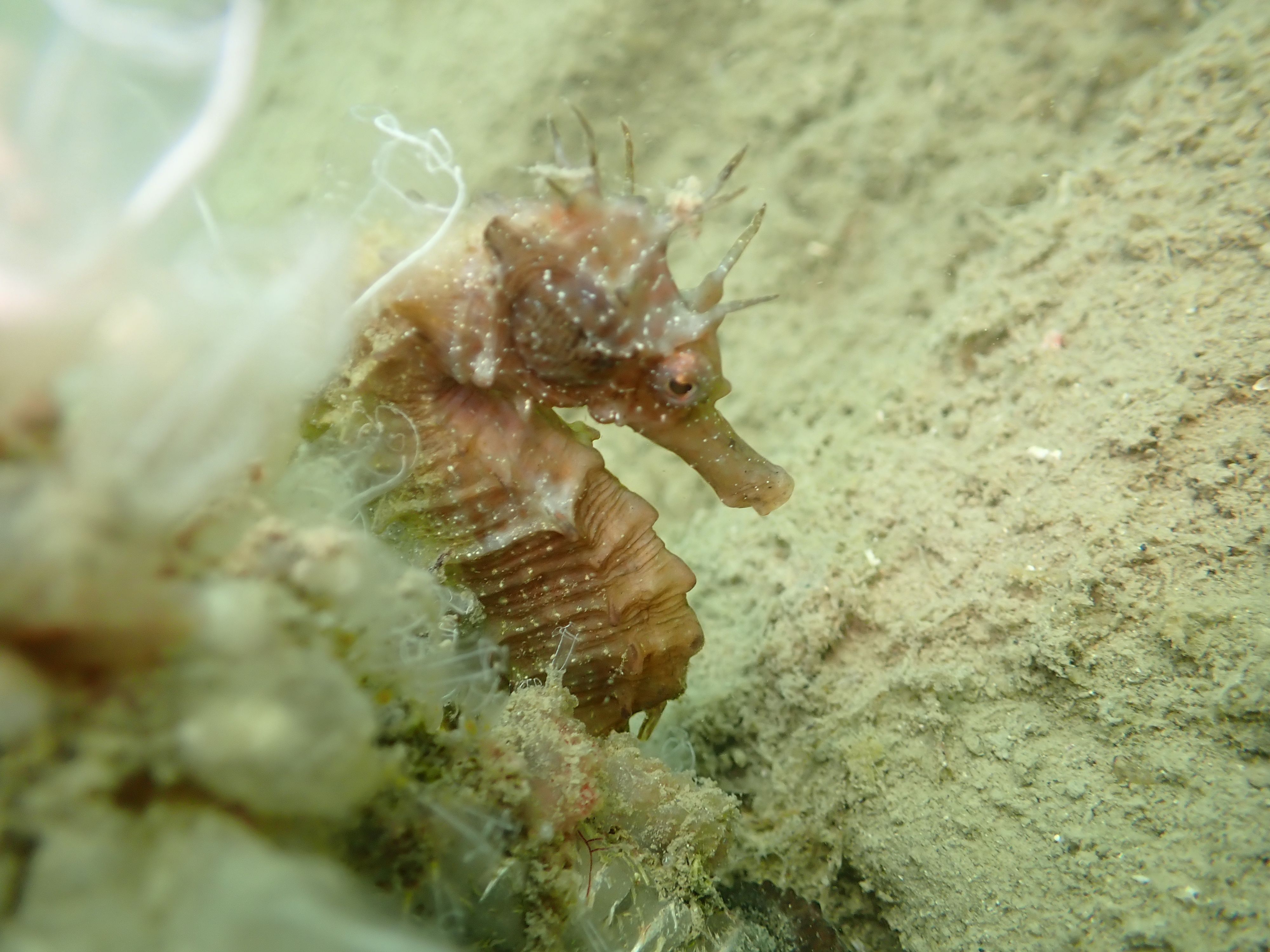
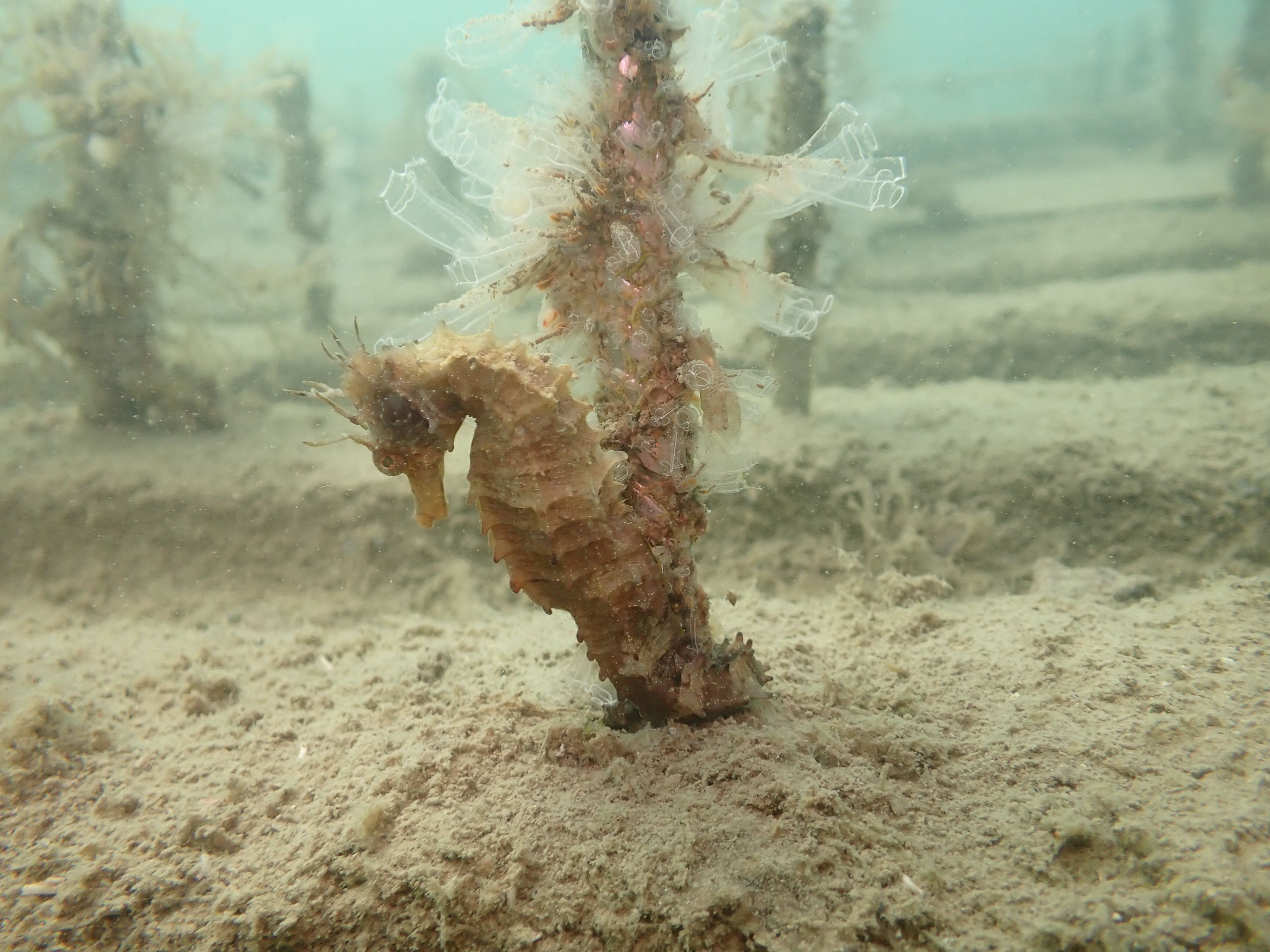












Related news
Partner

